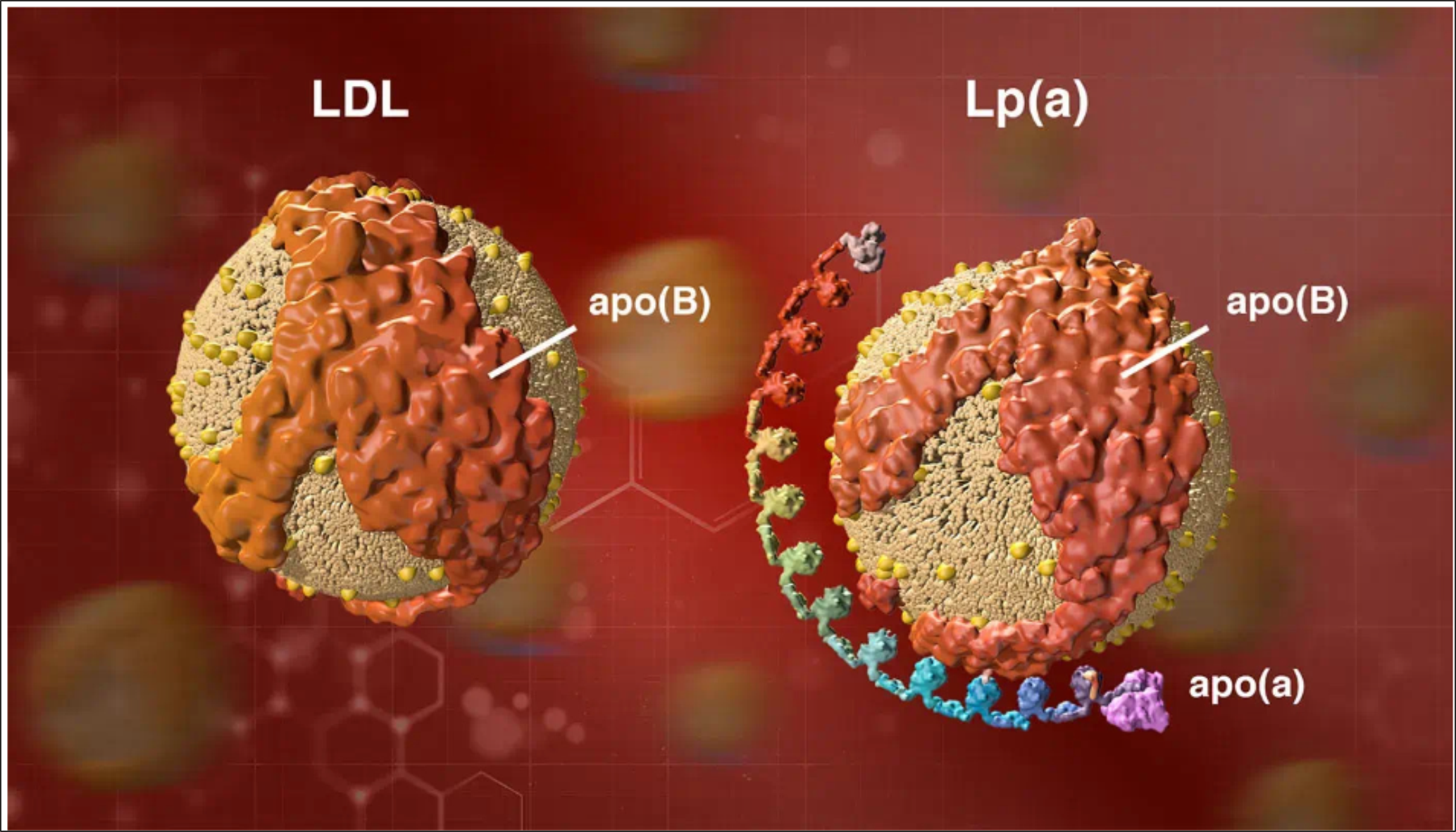Lipoprotein(a): The Hidden Enemy of a Healthy Heart
Research: The Lipid Research Clinics Coronary Primary Prevention Trial (LRC-CPPT)
Journal: Journal of the American Medical Association (JAMA)
Understanding Lipoprotein(a) and Its Risks
Recent studies illuminate a worrying trend: high levels of Lp(a) can triple your risk of a heart attack, even if you have no other known risk factors for heart disease. In a study involving over 6,000 participants aged 43 to 65, those in the top 10% of Lp(a) levels were at greater risk, despite being free from standard risk factors like high blood pressure or diabetes.
Causes of High Lipoprotein(a)
While the exact cause of elevated Lp(a) levels remains somewhat mysterious, genetics play a significant role. Unlike other cholesterol variants, lifestyle factors such as diet and exercise have little impact on Lp(a) levels. However, ignoring Lp(a) could be detrimental to your heart health.
Recommended Treatments and Lifestyle Changes
From a cardiologist’s perspective, there are strategic steps you can take to mitigate the risks associated with high Lp(a):
- Heart-Healthy Diet: Opt for a diet rich in fruits, vegetables, and whole grains while low in saturated and trans fats.
- Regular Exercise: Aim for at least 150 minutes of moderate-intensity exercise per week.
- Weight Management: If overweight, consider a structured weight loss plan combining diet and exercise.
- Avoid Smoking and Limit Alcohol: Both can elevate Lp(a) levels and increase heart disease risk.
- Consult a Cardiologist: Discuss medications like niacin or PCSK9 inhibitors that may help lower Lp(a) levels.
Summary:
This landmark study investigated the relationship between lipoproteins and coronary heart disease (CHD). The researchers found:
– A strong positive correlation between low-density lipoprotein (LDL) cholesterol and CHD risk
– A strong negative correlation between high-density lipoprotein (HDL) cholesterol and CHD risk
– A significant reduction in CHD incidence with cholestyramine-induced lowering of LDL cholesterol
Key findings:
– For every 1% reduction in LDL cholesterol, there was a 1.4% reduction in CHD risk
– For every 1% increase in HDL cholesterol, there was a 3.7% reduction in CHD risk
Methodology:
– Randomized controlled trial of 3,806 men with primary hypercholesterolemia
– Participants received either cholestyramine or placebo for 7-10 years
Findings:
– Cholestyramine reduced LDL cholesterol by 20.3% and increased HDL cholesterol by 4.6%
– CHD incidence was reduced by 19.1% in the treatment group compared to placebo
Conclusion:
This study established the critical role of lipoproteins in heart health, demonstrating that lowering LDL cholesterol and increasing HDL cholesterol reduces CHD risk.
Other notable studies:
– “The Framingham Heart Study” (Kannel et al., 1961)
– “The Helsinki Heart Study” (Manninen et al., 1988)
– “The Scandinavian Simvastatin Survival Study” (4S) (Pedersen et al., 1994)
These studies have consistently shown that lipoproteins play a crucial role in cardiovascular health, and modifying lipoprotein profiles through lifestyle changes or pharmacological interventions can significantly impact heart health.
Maintaining great heart health isn’t just about balancing cholesterol levels or avoiding saturated fats. There’s a lesser-known player in the game of heart health that could significantly increase your risk of a heart attack—Lipoprotein(a), or Lp(a).





